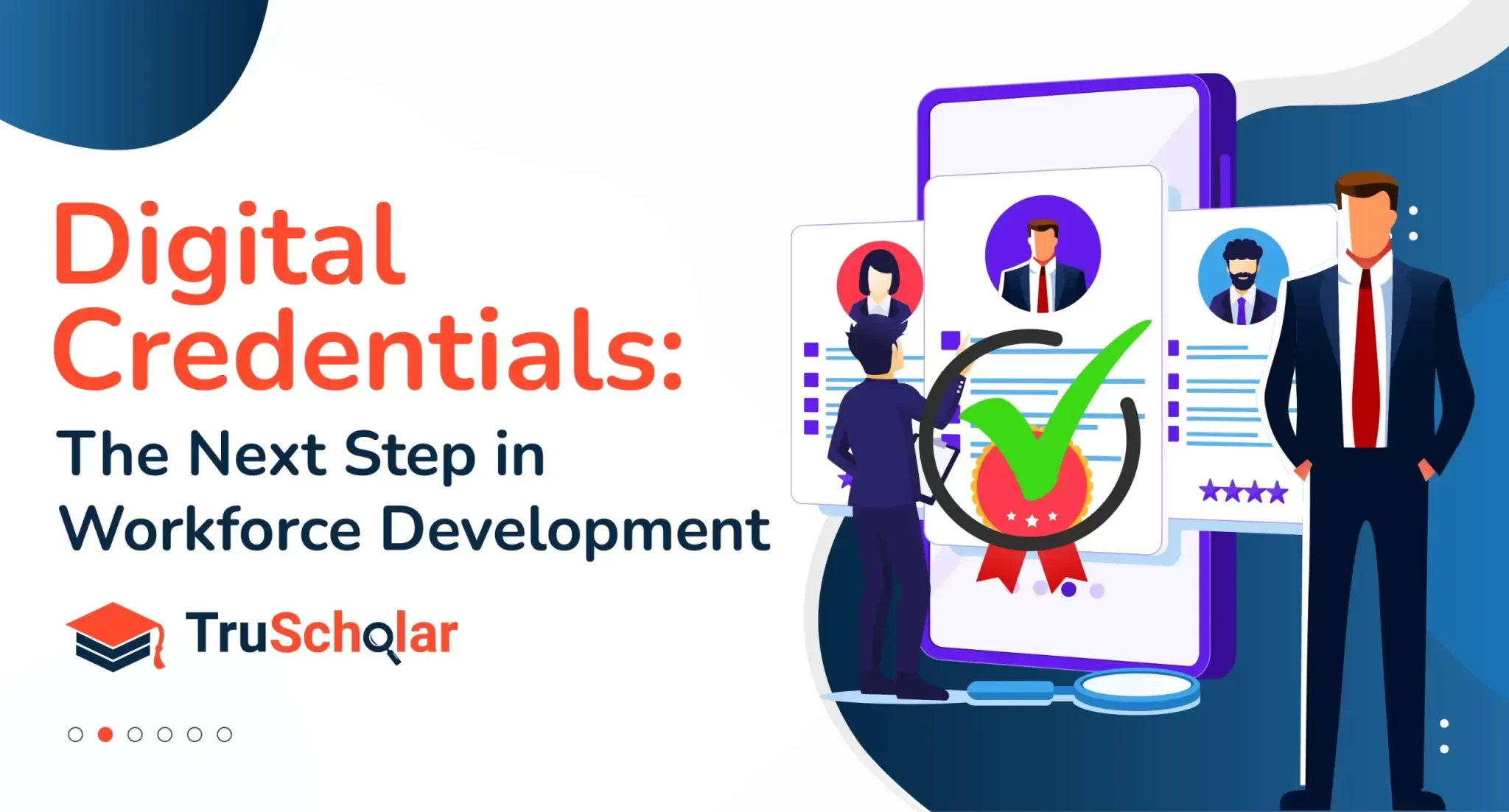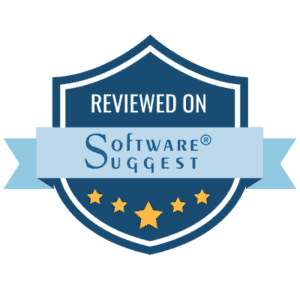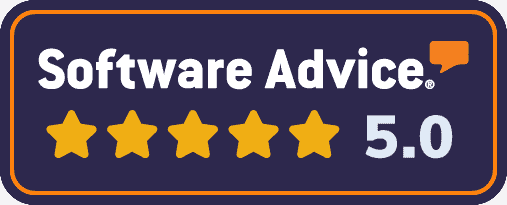As the job market continues to evolve rapidly, with new technologies and skills in high demand, workers are facing increasing pressure to stay competitive and relevant. This has led to a growing interest in alternative credentialing options beyond traditional degrees or certifications, including digital credentials.
Digital credentials, also known as digital badges, are electronic representations of skills, achievements, and other qualifications earned by an individual. They are portable, verifiable, and can be shared easily across different platforms and networks. This makes them a powerful tool for individuals looking to enhance their professional profile and demonstrate their competencies to potential employers, as well as for organizations seeking to evaluate and recognize the skills of their workforce.
In this blog post, we will explore the benefits of digital credentials for workforce development, and how they can help individuals and organizations adapt to the changing demands of the job market.
Benefits of Digital Credentials for Individuals
Digital credentials offer several advantages over traditional credentials such as degrees or certifications. Firstly, they are more flexible and customizable, allowing individuals to showcase specific skills and competencies rather than a broad range of knowledge. This makes them particularly useful for individuals who have acquired skills through non-traditional pathways, such as on-the-job training, volunteer work, or self-directed learning.
Secondly, digital credentials are more accessible and affordable than traditional credentials, which can be time-consuming and expensive to obtain. Many digital credentialing platforms offer a range of options for earning credentials, including free or low-cost courses, micro-credentials, and competency-based assessments. This allows individuals to acquire new skills and qualifications at their own pace and on their own terms.
Thirdly, digital credentials are more portable and shareable than traditional credentials. They can be easily stored and shared online, allowing individuals to showcase their skills and qualifications to potential employers and peers across different platforms and networks. This helps individuals to build a stronger professional network and enhance their career prospects.
Benefits of Digital Credentials for Organizations
Digital credentials also offer several benefits for organizations seeking to develop and recognize the skills of their workforce. Firstly, they provide a more accurate and detailed assessment of an individual’s skills and competencies than traditional credentials. Digital credentials are often issued for specific skills or achievements, allowing organizations to assess an individual’s strengths and weaknesses more effectively. This can help organizations to identify skills gaps and develop targeted training programs to address them.
Secondly, digital credentials provide a more efficient and cost-effective way of evaluating and recognizing the skills of the workforce. Traditional credentialing programs can be time-consuming and expensive to administer, requiring extensive documentation and assessment processes. Digital credentialing platforms, on the other hand, offer automated assessment and verification processes, reducing the time and cost involved in issuing and managing credentials.
Finally, digital credentials can help organizations to build a stronger talent pipeline and attract top talent. By offering digital credentials for specific skills or competencies, organizations can demonstrate their commitment to employee development and recognize the achievements of their workforce. This can help to attract and retain top talent and enhance the organization’s reputation as an employer of choice.
Conclusion
As the job market continues to evolve rapidly, digital credentials offer a powerful tool for individuals and organizations seeking to adapt and stay competitive. They provide a flexible, accessible, and portable way of recognizing and demonstrating skills and competencies, and can help to bridge the skills gap between education and employment.
For individuals, digital credentials offer a way of enhancing their professional profile and demonstrating their competencies to potential employers. For organizations, they offer a more efficient and cost-effective way of evaluating and recognizing the skills of their workforce, building a stronger talent pipeline, and attracting top talent.
Take your organization’s credentials to the digital age with Truscholar.io. Our cutting-edge platform enables you to issue, manage, and verify digital credentials with ease. Say goodbye to traditional paper certificates and embrace secure, tamper-proof digital badges that showcase your employees’ skills and achievements. Streamline your credentialing process, enhance credibility, and unlock new opportunities for recognition and career advancement. Join leading companies who have already revolutionized their credentialing with our platform. Get started today and propel your organization into the digital credential era. Contact us for more information: https://www.truscholar.io/contact-us/






